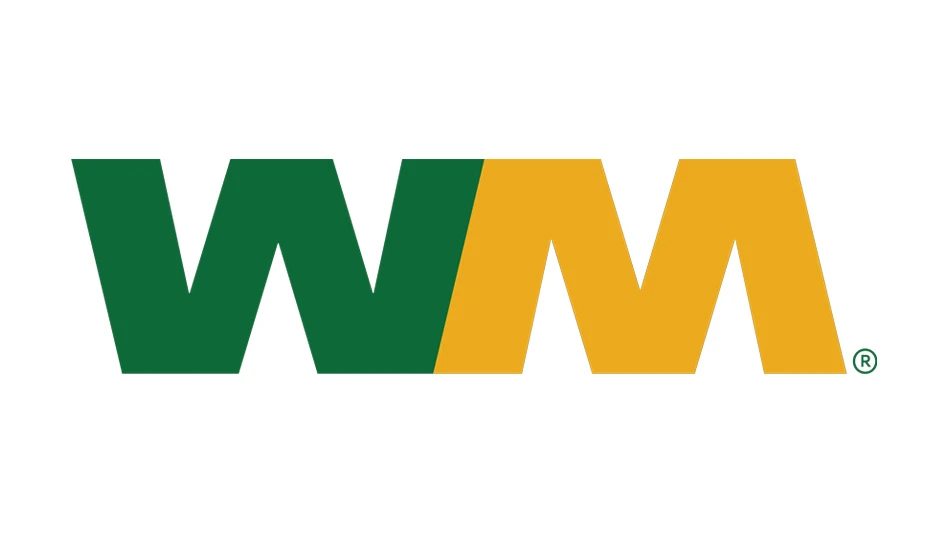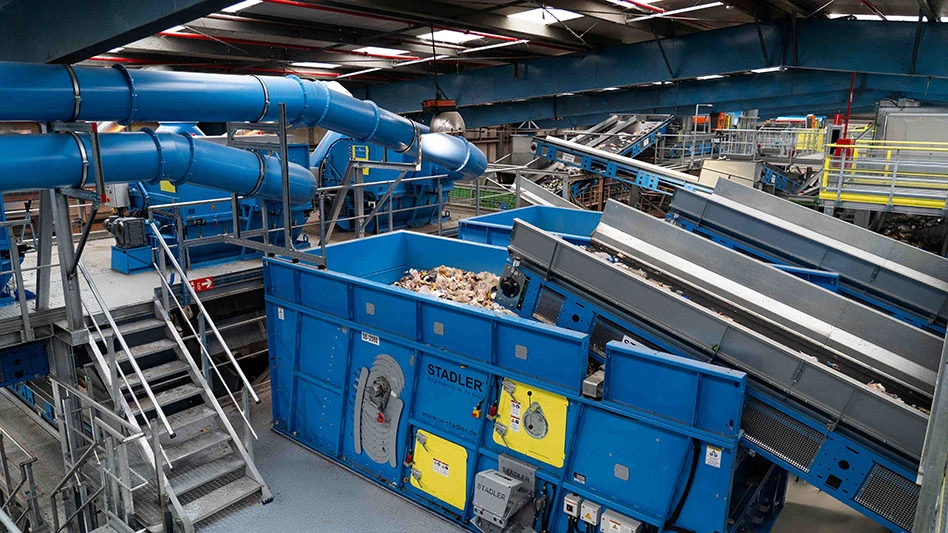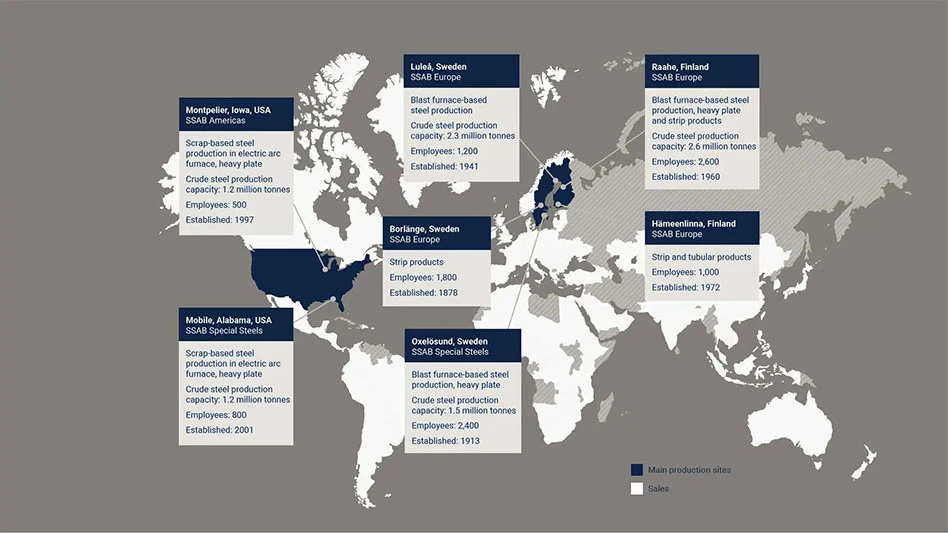
Celeste | stock.adobe.com
According to a recent analysis of single-use bag legislation, while policy can be one of the most effective tools to reduce single-use bag waste, consumers also must be supported in adopting waste-free behavior.
“Legislation in Action: Measuring the Impact of U.S. Single-Use Bag Policies on Waste Reduction,” a white paper by The Consortium to Reinvent the Retail Bag, managed by Closed Loop Partners’ Center for the Circular Economy, evaluates the efficacy and impact of various legislative mechanisms, including a comparison of bag fees and outright bans across diverse communities, revealing how different strategies influence bag waste reduction and consumer behavior.
The Consortium to Reinvent the Retail Bag is a multiyear industry collaboration across retail sectors that identifies, tests and implements viable design solutions and models that more sustainably serve the purpose of the current retail bag. Its Beyond the Bag Initiative drives a circular future for retail by reducing single-use bag waste through education, incentives, nudges and policy. Target, CVS Health and The Kroger Co. are strategic leads of the Consortium, with Dollar Tree, Meijer and Walmart as supporting partners.
The consortium’s 2023 in-market activations in Tucson, Arizona, and Denver tested consumer-facing bag reduction solutions in 375 stores across 160 different retailers, resulting in a 4.8 percent decrease in single-use bags across the two markets and an 11.7 percent reduction in Denver, which also had legislation. Overall, the citywide activations resulted in up to 9.5 million single-use bags reduced annually across the two markets, the consortium says.
The white paper also reveals primary research into New Jersey’s Get Past Plastic Act, which eliminated single-use plastic and paper bags in grocery and big box stores when it was implemented in 2022. The paper refers to the law as the U.S.’ “most restrictive legislation for single-use bags,” banning their distribution from grocery and super stores occupying at least 2,500 square feet, while all other retailers, including small format grocers, still can offer paper bags. The analysis offers elected officials, regulators, community leaders and community stakeholders an objective summary of legislation's impacts and potential unintended consequences on a community, enabling officials to effectively tailor legislation to their constituents and desired outcomes.
For the white paper, the consortium analyzed 40 existing reports and studies on bag legislation in the U.S. and abroad, primarily focusing on 11 studies that evaluated the impact of legislation in 11 different communities in the U.S., measuring customers’ actions at checkout, including the proportion of customers using single-use bags, bringing their own bag or going without a bag.
According to its findings, bag fees are the only legislative mechanism guaranteed to reduce the number of single-use bags used. The consortium also found that thicker LDPE, or low-density polyethylene, bags, often offered as replacements when single-use high-density polyethylene (HDPE) bags are banned, have a worse environmental outcome than single-use plastic bags unless used more than six times.
The study recommends considerations for regulators and policymakers:
- Helping customers bring their own bags or go without one remains the best approach to reduce waste, environmental impact and costs.
- Bag fees, or a minimum price to charge for bags, are the only legislative mechanism guaranteed to reduce the number of single-use bags used. Banning single-use bags alone does not guarantee behavior change or reduced environmental impact.
- Uniform legislation implemented at the state or regional level creates a consistent consumer experience, reinforces behavior and eases retailer compliance challenges.
- Zero or lower waste alternatives should be developed for pickup and delivery channels.
- Recovery and recycling systems must be in place for any bags used, including reusable bags.
- Differential socioeconomic impacts should be considered in legislation. Fees are inherently regressive, but measures can be created for carve-outs or to help customers prepare for legislation.
- The Consortium to Reinvent the Retail Bag and retailers are willing collaborators to identify, shape and activate thoughtful legislation that balances environmental impact, customers’ needs and the operational realities of retailers.
Building on its in-market findings and policy analysis, the consortium says it will launch a new campaign this summer, encouraging consumers to bring reusable bags or choose not to take a single-use bag. Details of the campaign will be released in the next month.
"Policy is a major driver of the transition to the circular economy,” says Kate Daly, managing partner and head of the Center for the Circular Economy at Closed Loop Partners. “While there is no single solution to reduce single-use bag waste, our rigorous analysis of legislation and in-depth understanding of consumer norm setting can provide communities with the tactical resources they need for a waste-free future. We look forward to sharing more insights on policy and the circular economy and activating in-market work alongside our partners to turn waste reduction practices into everyday habits.”
The Consortium to Reinvent the Retail Bag invites retailers, policymakers and community leaders to learn more about the efficacy of legislation through our detailed policy white paper. The full policy report can be accessed here.
Latest from Recycling Today
- ArcelorMittal legal battle with Italy continues
- Altor program boosts EPS recycling
- IP to spin off non-North American operations
- Flexible Film Recycling Alliance report outlines progress
- RERF opens Avagliano award nominations
- Eriez expands European sales network
- Gränges increases sales volume in 2025
- Aduro selects Netherlands as site for industrial scale-up facility





